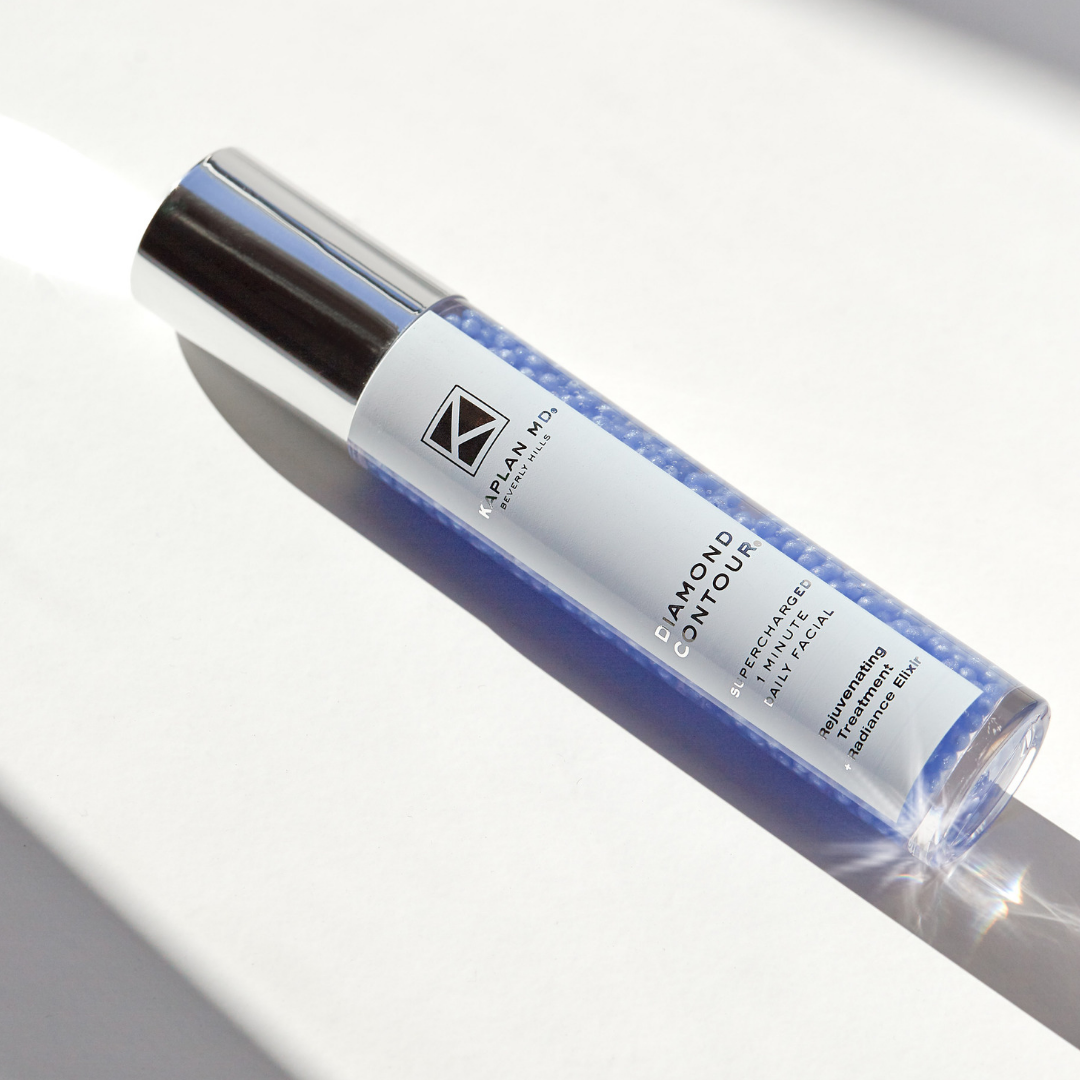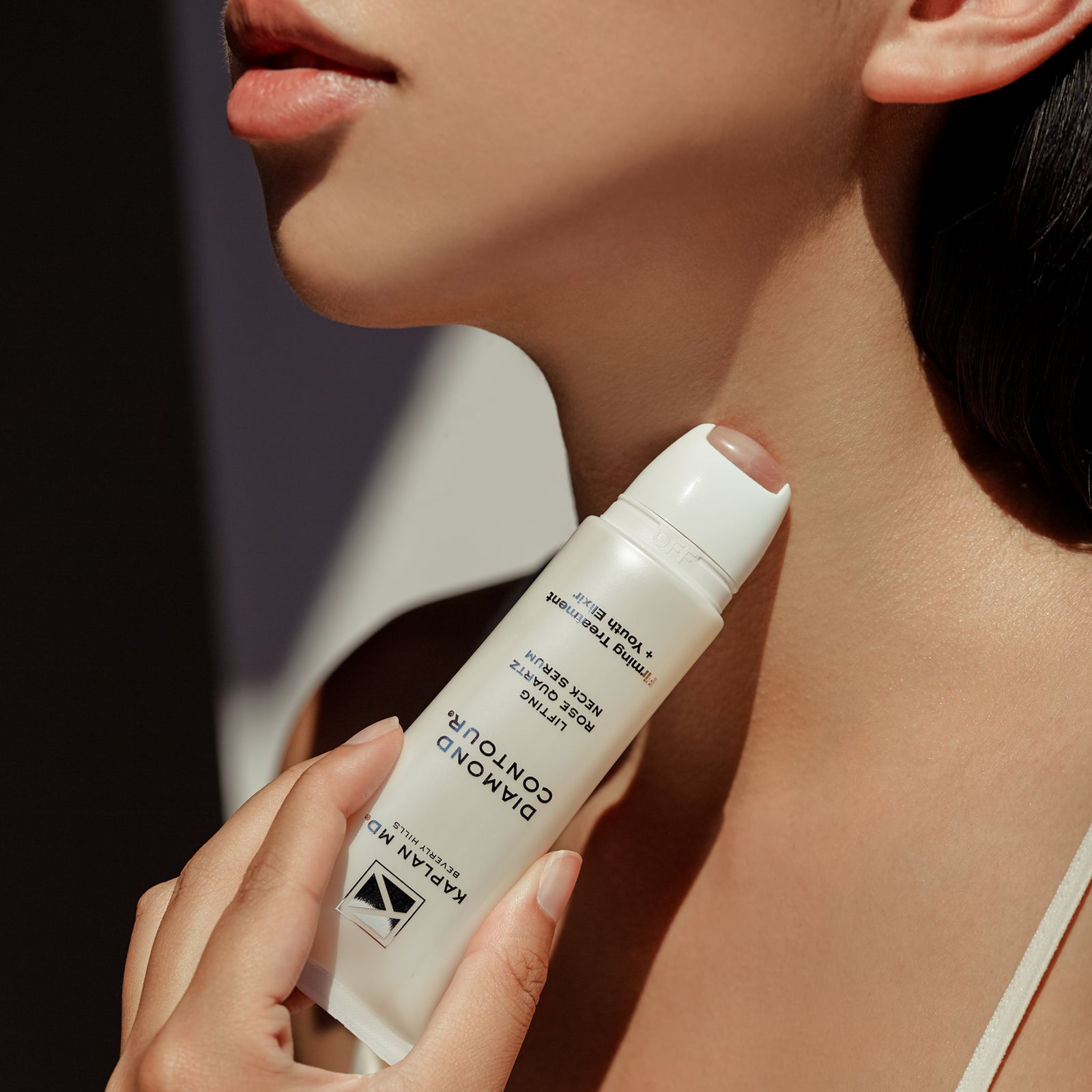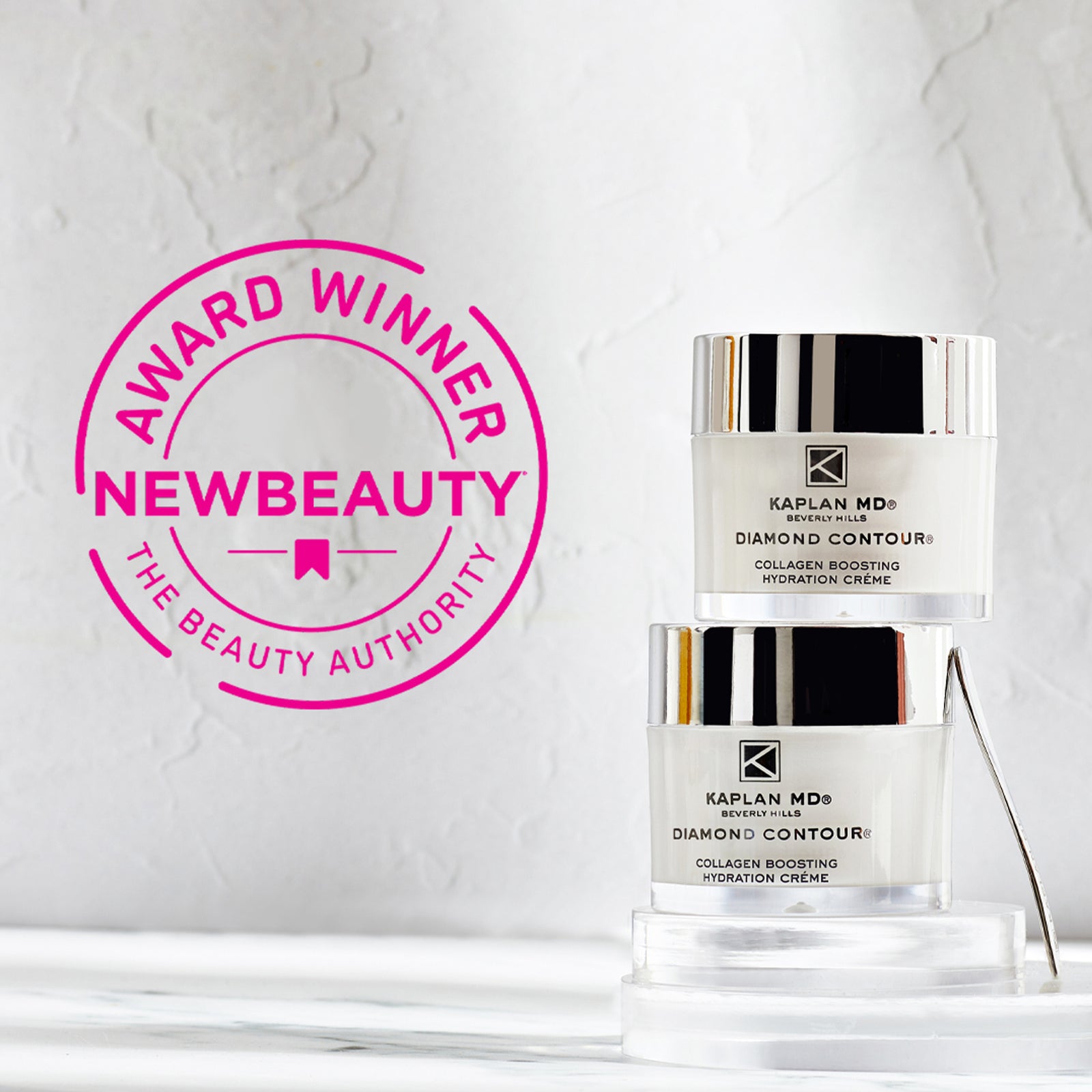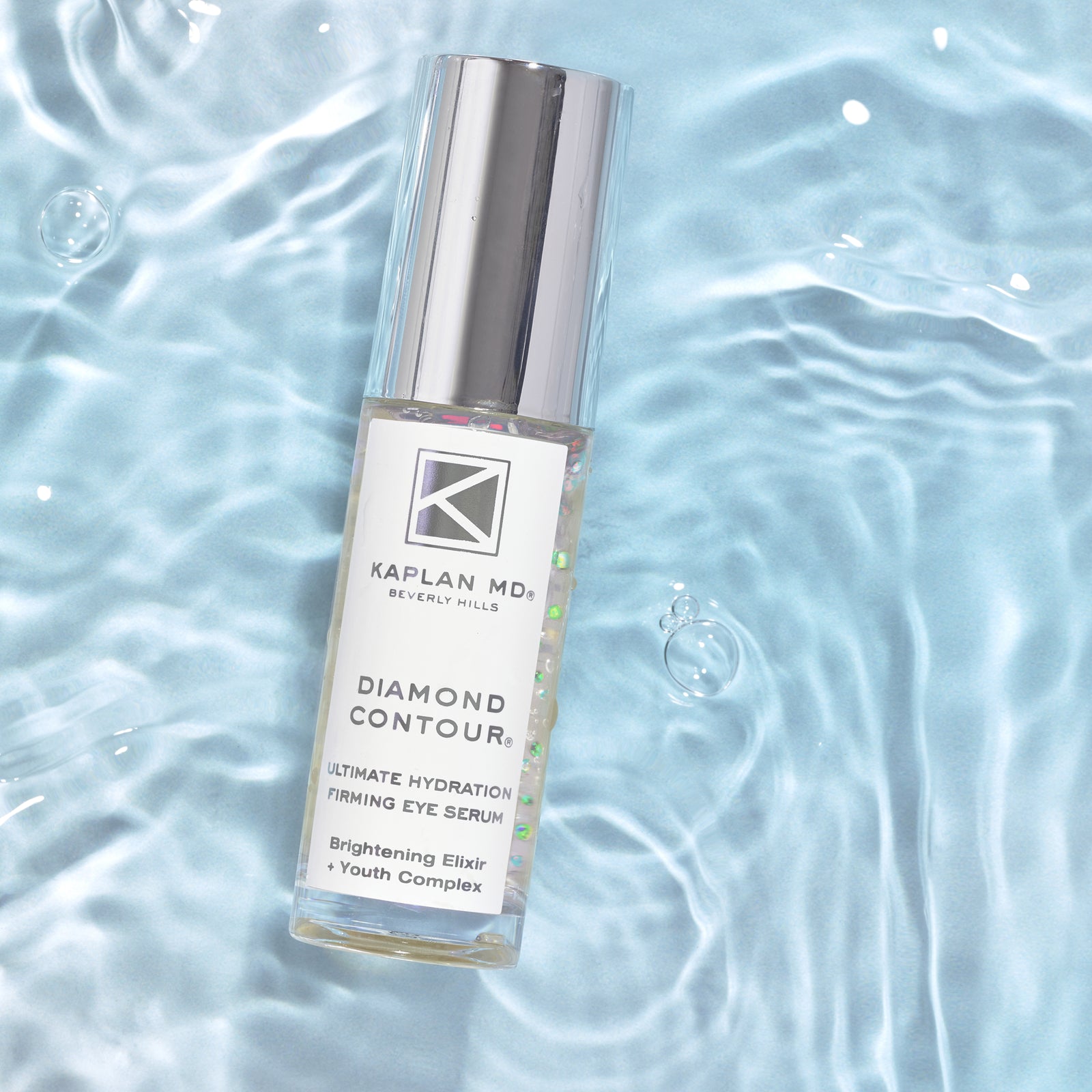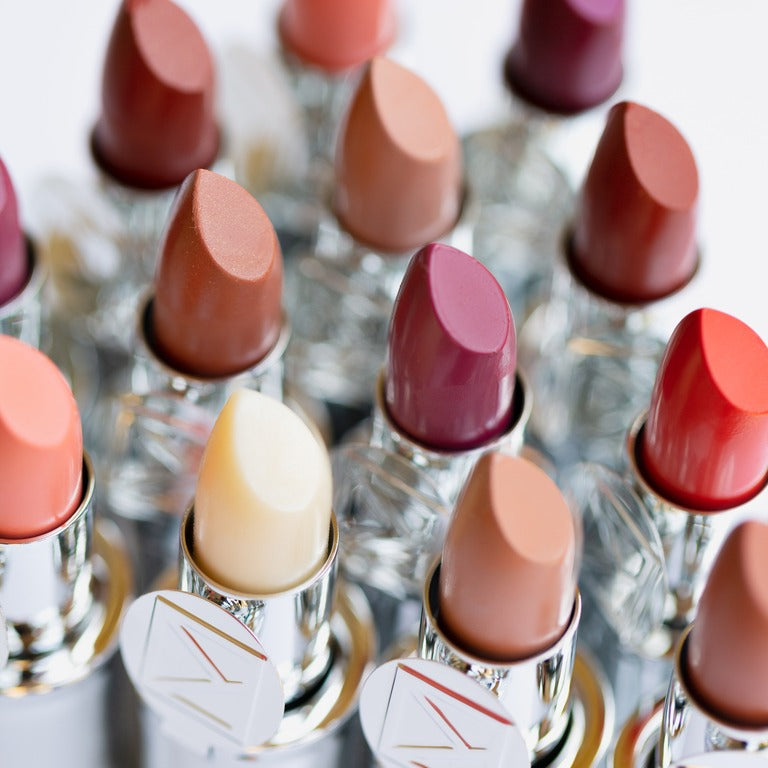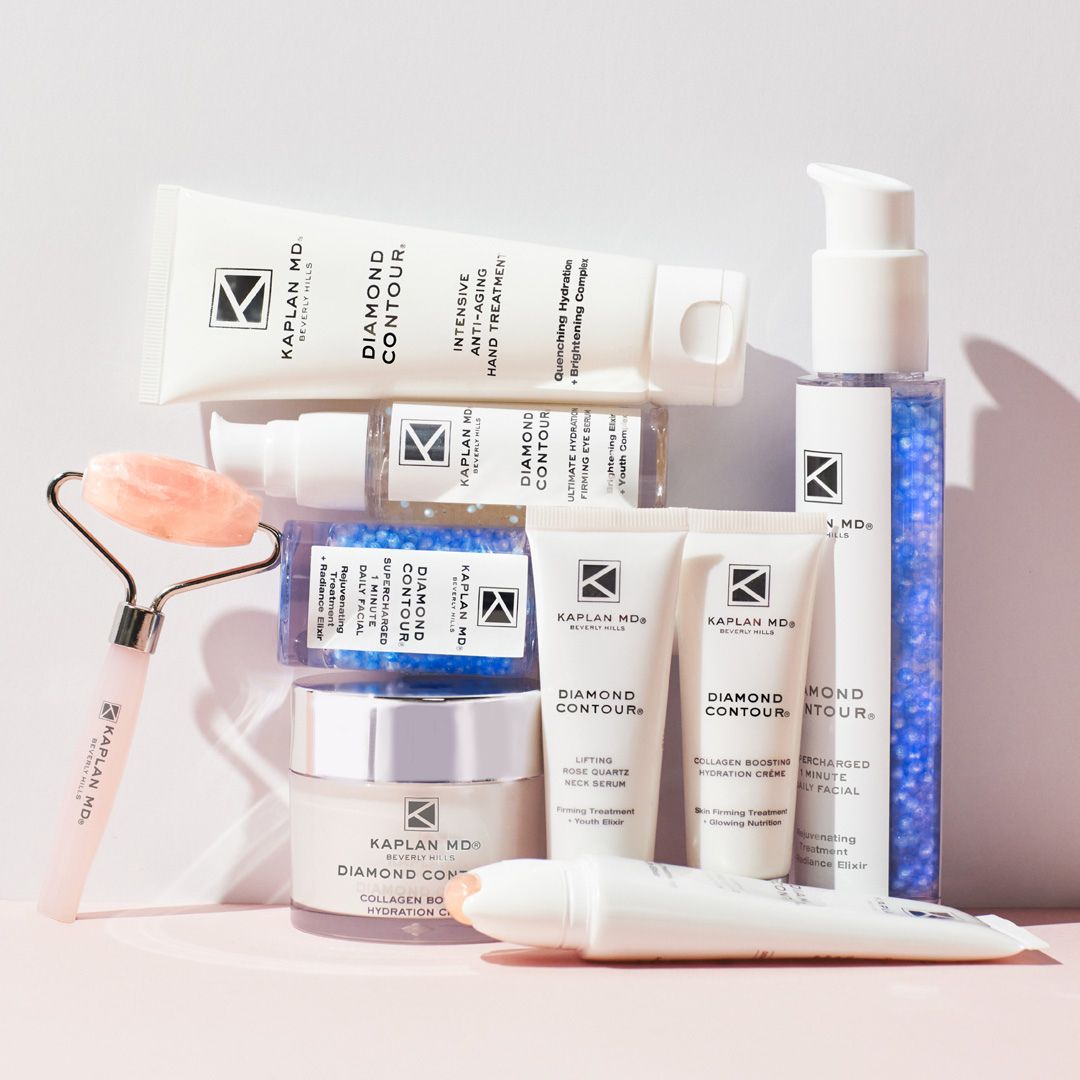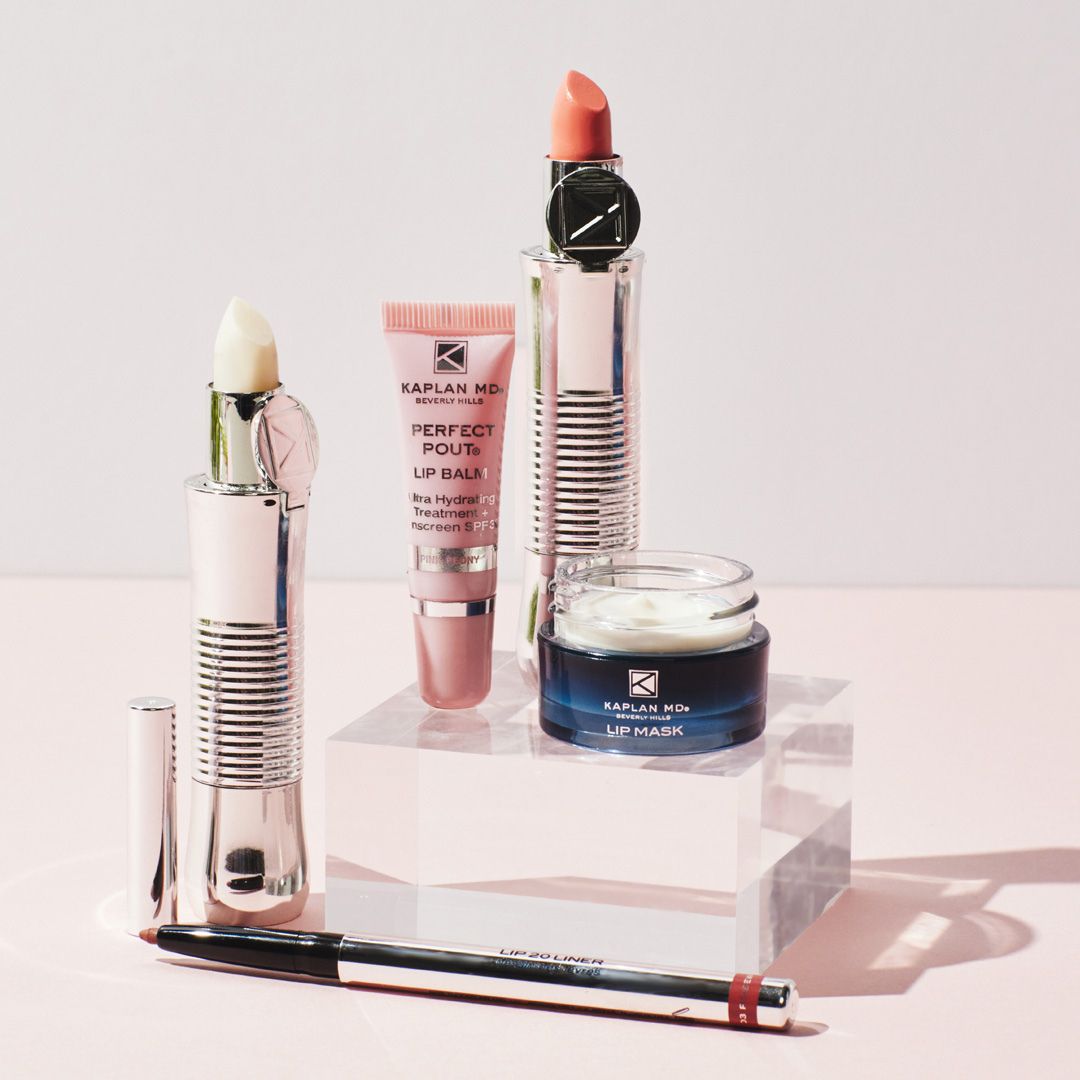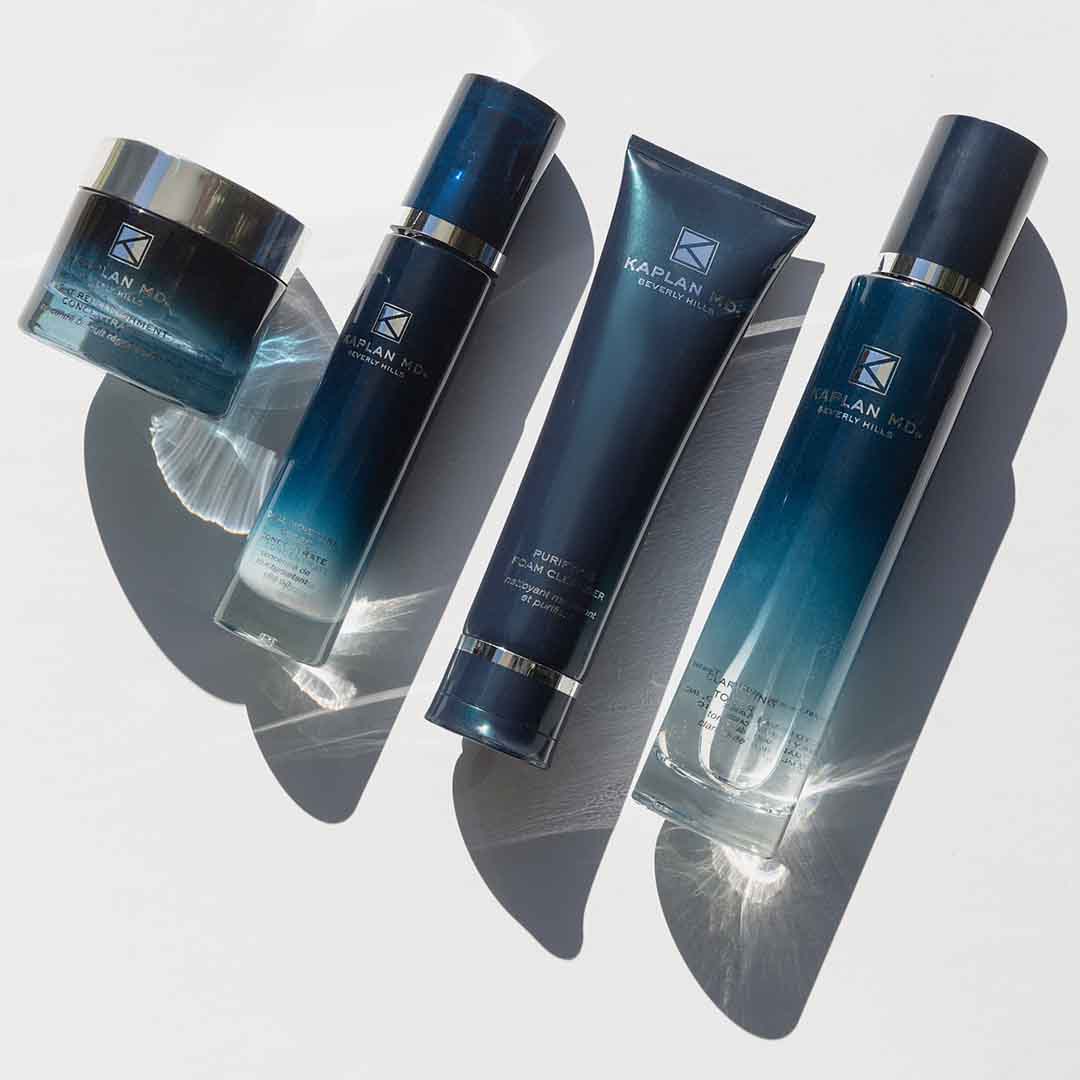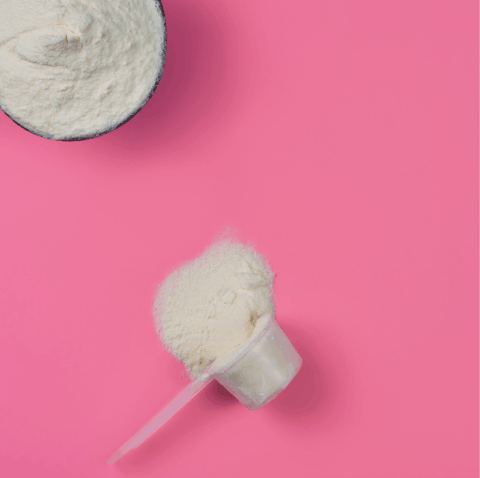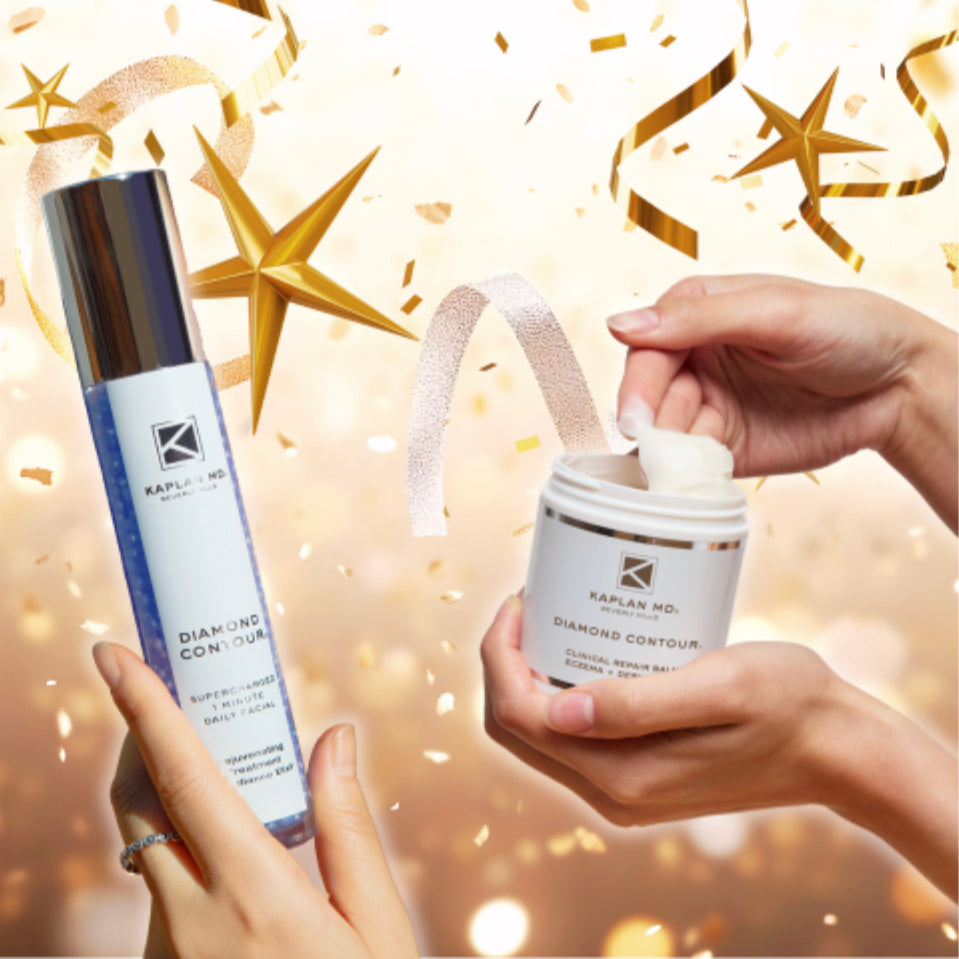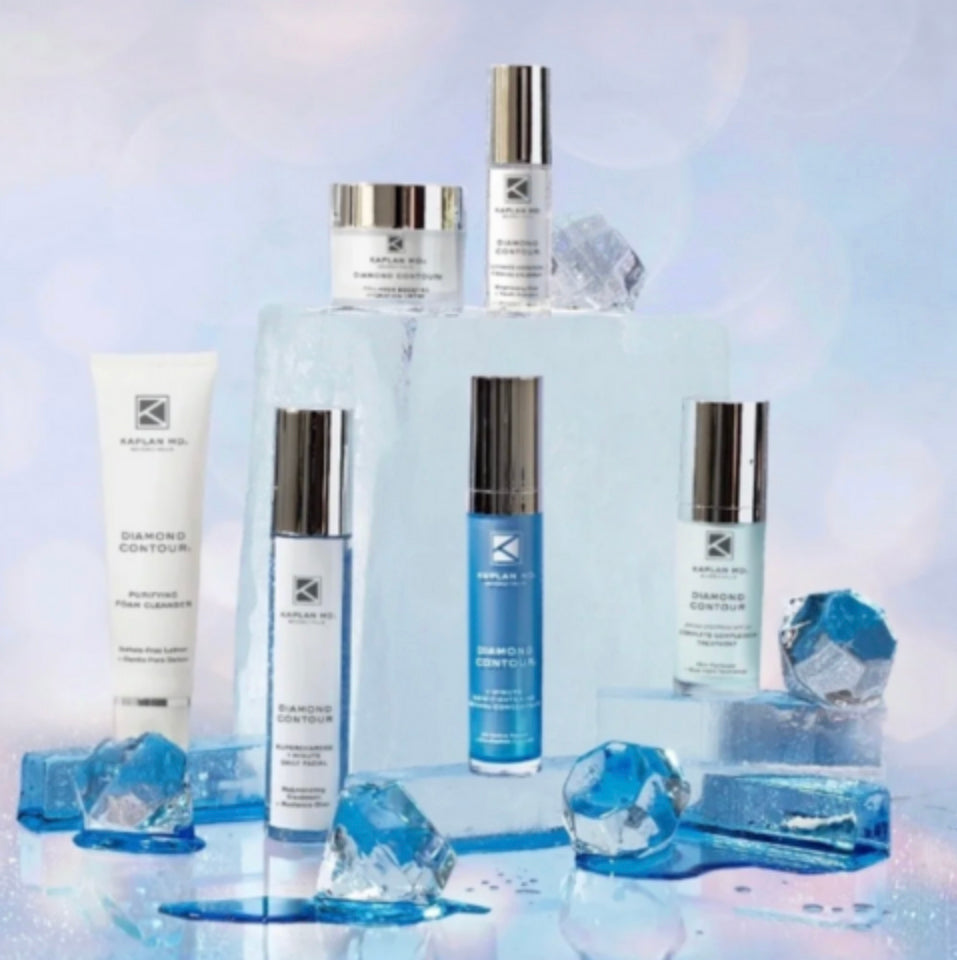Bestsellers
Collections
Chemical or Physical Sunscreen? The Differences & Recommendations
September 18, 2023 3 min read

We talk a lot about protecting your skin from the sun and how it’s incredibly important for skin health to apply sunscreen daily – no matter what season it is. The big question is, what kind of sunscreen should you use? Is one better than the other?
These questions usually come down to Chemical and Physical sunscreens. Many people aren’t sure of the difference, or they are just not entirely sure which one is the good option. It’s a good idea for everyone to know the differences between the two, and of course, which one may be better for your skin.
When it comes to Chemical and Physical sunscreens, the key difference is all in the way each protects your skin. In this article, we’re going to talk about the differences between the two, the benefits of each and what Dr. Kaplan has formulated for a comfortable wear and the best protection against UV rays.
What is Chemical Sunscreen?
When you’re using a chemical sunscreen, the formula is absorbed right into the skin. Because of this, the way you’re protected from the sun is that it absorbs UV rays, converts it into heat and then it gets released from your body. Since the heat and UV rays are being released, they can’t cause skin damage or burns.
A key benefit of chemical sunscreen is that it tends to be more waterproof, but the downside is that sometimes it can cause skin irritation due to the ingredients. So, at the end of the day, using a physical sunscreen might be a better pick if you have more sensitive skin.
Speaking of physical sunscreen…
What is Physical Sunscreen?

Another term you’ll often see when someone’s referring to a physical sunscreen is mineral. Mineral and physical sunscreens are the same thing, just a different use of wording! These sunscreens aren’t absorbed into the skin like chemical ones. Instead, the formula remains on the surface in order to create a barrier which reflects UV rays. Essentially, it just completely blocks them out to prevent damage and burns you may have otherwise developed.
Physical, or mineral, sunscreens work well on all skin types. Since they generally do not cause irritation and just sit on top of skin, those with sensitive skin might prefer it.
Sometimes, these formulas can be difficult to rub in since it doesn’t absorb into the skin. At the end of the day, this comes down to the product and how it’s formulated. For example, when you look at the Diamond Contour Broad Spectrum SPF 30 Complete Complexion Treatment, it goes on smooth and weightless as opposed to heavy.
Which is Better and Why?
It’s hard to say which is better since it’s highly dependent on what you’re looking for. Neither is better in particular, it just depends on which works best for you since they both do their job of protecting you from the sun’s UV rays.
Don’t worry, we’re not going to leave you hanging like that…
What Dr. Kaplan Recommends

Overall, Dr. Kaplan always goes for options that are safe, and healthy for your skin. Take the new Diamond Contour Broad Spectrum SPF 30 Complete Complexion Treatment, you’ll be protected with a comfortable mineral (also known as physical) sunscreen. This product has been made with 20% zinc oxide and doesn't feel heavy on the skin, which some physical sunscreens can feel like. Plus, with a Non-Tinted and 3 Tinted options, you’re able to personalize your choice of how you want to wear your SPF.
In addition, Dr. Kaplan has other products that have been formulated to comfortably protect you from the sun’s UV rays. Learn more about them here.
Also in Beauty News & Tips
Get 15% Off Your First Purchase
Stay in the loop with exclusive discounts, expert skincare tips, the latest news, and more. Don't miss out on the opportunity to elevate your skincare routine and save on your favorite products.

